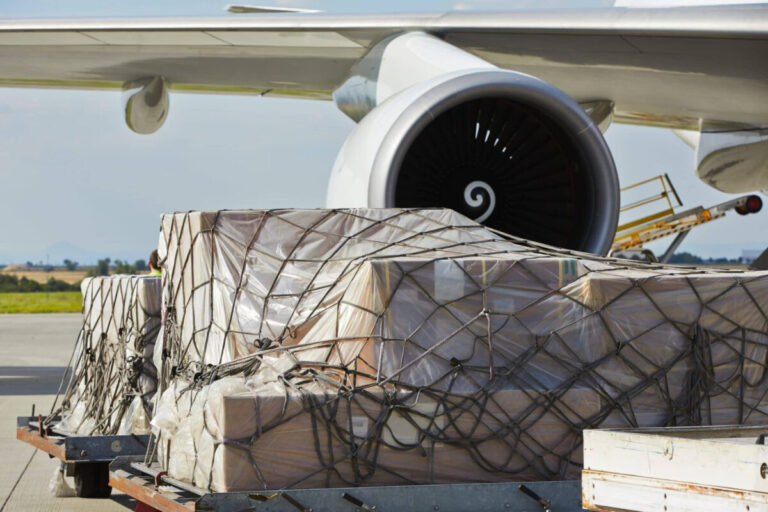
Air cargo charters are the foundation of the entire airfare brokerage industry. The ACA has been at the heart of the industry since its inception, over 74 years ago, covering the global charter network.
As a body, they lead industry self-regulation, promote better supply chain relationships and their members are certified as experienced and trustworthy professionals.
“The ACA is the ‘reference’ source for industry information, proactively representing our members before government and regulators, providing expert guidance, support and training and organizing unparalleled networking events,” said Glenn Hogben, CEO of the Air Charter Association. .
The ACA holds regular events including conference sessions focused on sharing the latest shipping charter information and fostering discussion to enhance engagement on industry issues and challenges. Additionally, it produces quarterly bulletins highlighting key industry information for members along with newsletters to highlight breaking information.
Capacity balancing
Balancing customer demand and capacity is not a new phenomenon. Quite the contrary, carriers have been managing this for many years. Ultimately, on a global level, the market manages this naturally as carriers stop operating when demand drops reducing capacity and startups increase capacity when demand increases. On a smaller scale, operators are grounding older, more expensive aircraft or withdrawing them from service to reduce capacity.
Small carriers also use the strategy of having quick change aircraft to allow them to be used for passengers and cargo when needed.
“Recently, our members have reported that demand is equalizing with fewer traditional peaks and troughs due to e-commerce and some timely manufacturing industries providing regular capacity demand,” Hogben said.
Industry focus
The ACA currently has three main initiative areas it is looking into, namely Sustainability, Regulatory Affairs and Resources and Talent. The Association has identified these focus areas through discussions and member feedback that they identify as key areas impacting the industry currently and in the near future. Their working groups advance initiatives in all these areas.
“Alongside this, we conduct regular PR and media interviews to specifically highlight the importance of using ACA-certified and professional brokers to support aircraft leasing. “We do this across all types of aircraft, from cargo aircraft to rotary aircraft,” explained Hogbin. We aim to showcase the valuable services that service brokers provide to clients and operators.”
Meet sustainability standards
Cargo aircraft have a much longer operational life than passenger aircraft, and in fact, many are converted airliners that have reached the end of their passenger service life.
This means that the global fleet is becoming much older and the reduction in emissions achieved with new engines, lighter materials and aerodynamics on modern aircraft has not yet reached the majority of air cargo carriers. This will happen as older aircraft are retired and replaced with new conversions but there is certainly a time lag behind the passenger market.
“There are also limited options for shippers as aircraft replacement costs are prohibitive, and the focus on customer pricing means sustainability is not a priority for them. In addition, sustainable fuel, which would be a temporary solution, is not available in sufficient quantities or locations and is much more expensive.”
Therefore, the industry is working to implement innovative industry steps to improve efficiency and sustainability. ACA has partnered with 4Air, a specialist aviation sustainability company that offers a range of support to our members to initiate and develop their own sustainability plan.
It provides a carbon offset solution to make immediate change to reduce impacts and provide Sustainable Aviation Fuel (SAF) and a reservation and claim system whereby SAF can be purchased for a flight where it is not available but loaded into another aircraft to achieve the target. The same reduction in overall emissions.


